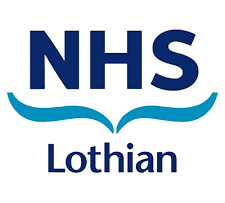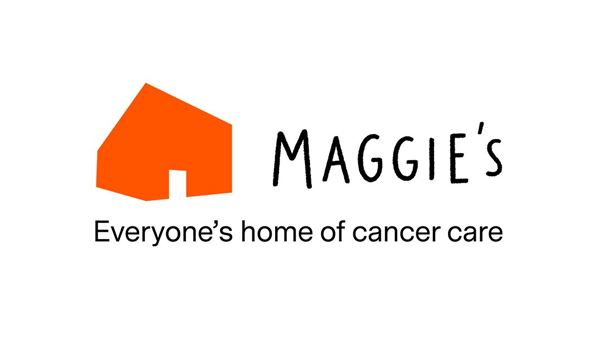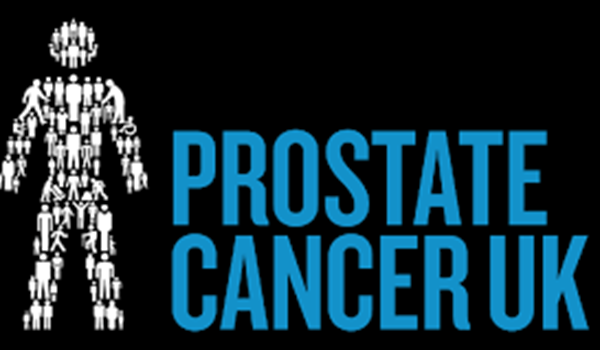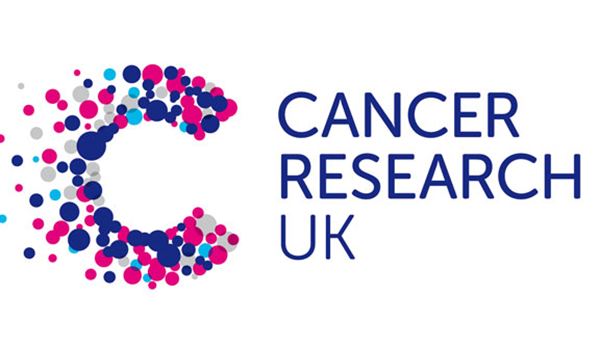Prostate Cancer
Introduction
The prostate is a small walnut-shaped gland that only men have that sits just below the bladder . It is important in helping regulate bladder control and producing the fluid that makes semen. Cancer of the prostate is one of the most common cancers among men, particularly older men.

Symptoms of Prostate Cancer
- Early-stage prostate cancer may not cause noticeable symptoms. Moreover, we are yet to have a test or group of tests good enough to be rolled out like the robust screening services we have for breast, cervical and bowel cancer. However, research is ongoing in this field and we are hopeful for the near future!
- Symptoms that might be attributable to prostate can include: difficulty urinating, frequent urination, blood in the urine, pain or discomfort in the pelvic area, persistent and progressively worse back pain and erectile dysfunction.
- Please don't hestitate to come and see one of our doctors if you experience these symptoms especially if they are new and progressing.
Investigations
Diagnosis is usually made through further assessment with our clinical team, this could include:
- Rectal exam: the doctor can feel the prostate through a rectal exam . They will be looking for a prostate that maybe harder, craggy consistency or a hard distinct nodule
- PSA blood test: Prostate Specific Antigen (PSA) is a useful test if shown to be raised may point to getting further investigations like a scan
- Urine test: to check if any small amounts blood are in the urine that cannot be seen with the naked eye (AKA- microscopic haematuria)
If the doctor suspects you may have prostate cancer they can send you for an MRI scan or a biopsy done by specialists. If you are looking for more information on the PSA test (prostate specific antigen) click here
Treatments
There are several treatments available for treating prostate cancer and the team will decide if one or (more commonly) a combination of treatments would be right for you. They discuss your case at regular meetings in the hospital . Below are some the the types of treatments outlined that are available. For more information see Prostate Cancer UK and Cancer Research UK.
- Surgery : Radical Prostatectomy
- Hormonal Treatments :hormonal injections that help prevents the growth of the tumour
- Radiotherapy :
- Chemotherapy:
- Brachytherapy:
Urology clinics
If you have a raised PSA test, abnormal feeling prostate, or persistent blood in your urine we will likley want to refer you for further assessment with our collegues at the Urology department down the road at the Western General Hospital.
If they feel further investigations are required they often recommend an MRI scan and potentially a biospy to understand the type of tumour and if it has spread to other areas of the body.

Important members of the team to be aware of
- Urology Surgeon - makes decisions on the type of surgery required to remove the tumour
- Oncologist- decide on the type of chemo/immuno/radiotherapy and hormonal treatments required
- Radiologist - specialises in interpretating the scans looking at the exact position of the tumour and where if may have spread if there is metastasis
- Pathologist - specialises in interpretating the biopsy, and what type of breast cancer it is
- Specialist Nurses - help in supporting you through the whole process , and act as a link if you have any questions or concerns.They also are involved in monitoring PSA levels after treatment.
The Lothian Improving the Cancer Journey (ICJ) is a excellent Link Worker support service run by Macmillan Support and NHS lothian. The group aims to support people with a cancer diagnosis and their family or carers, focusing on mainly non-clinical issues.
Here are just some of the things they can offer support with;
• Money or housing issues
• Work
• Caring responsibilities
• Physical concerns
• Emotional concerns
Link workers will offer a supportive conversation about 'what matters most’ and focus on areas identified that may need extra support or advice. Link workers will be able to sign-post or refer to appropriate local services and support networks
See this link for more information.
To contact the service please call or email the team on contact details below.
Telephone: 07977 307 286 or 07929 784 315
Email: loth.icj@nhslothian.scot.nhs.uk
Appointments are arranged usually within 10 working days
Macmillan Support
The Urology and oncology team often discuss the benefits of Macmillan Cancer Support. They offer excellent and comprehensive information for people who have been recently diagnosed with cancer, including information on investigations and treatment. They also provide practical, financial and emotional support for sufferers and/or friends, family or carers looking after someone with cancer. They also provide information on end of life and bereavement support. Support Line : 0808 808 00 00


Maggies offers excellent local Edinburgh support and wellbeing services for people living with cancer. The can speak on the phone or meet face-to-face.
Tel number: 0131 537 3131
email: edinburgh@maggies.org
address: Maggie's Edinburgh , The Stables, Western General Hospital,
Crewe Road , Edinburgh EH4 2XU
Please click on the adjacent link for more information.
Prostate Cancer UK
Is a useful website that has lots more information, advice and support about:
- individual risk checker questionnaire
- symptoms
- further investigations and treatments
- living with prostate cancer
Cancer Research UK
Cancer Research is an excellent website which has further information on:
- symptoms of prostate cancer
- stages of prostate cancer
- treatment including surgery, chemotherapy , radiotherapy , immunotherapy, hormonal therapy
- living with cancer
Click on the adjacent links to their website and view this useful 2 min video on what prostate cancer is.
Page created: 04 September 2020




